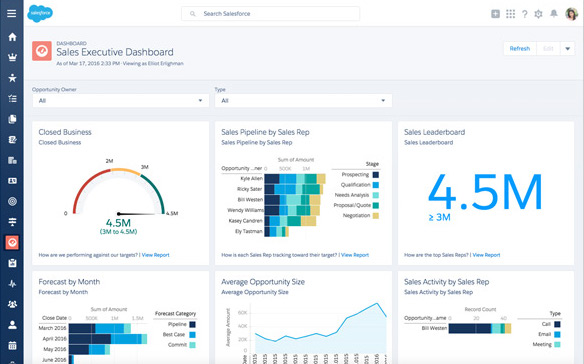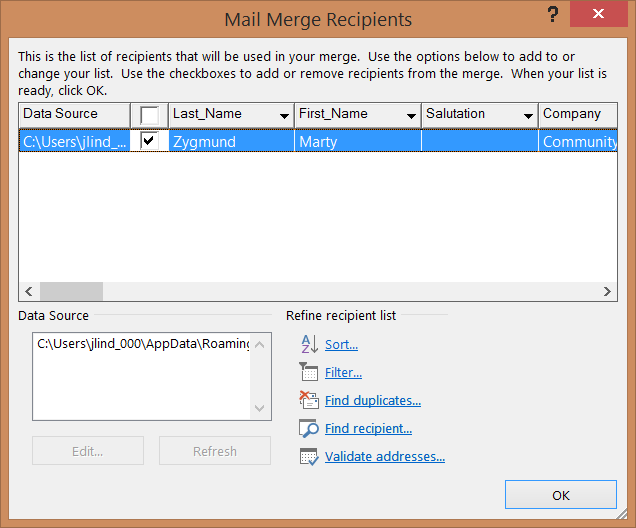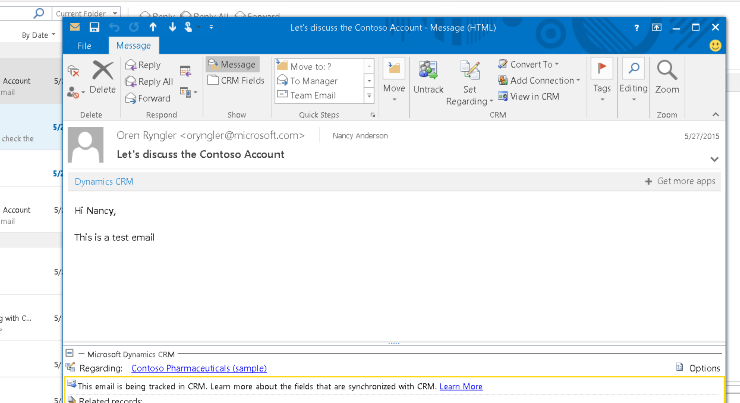

Increased Efficiency: The integration of Dynamics CRM with Outlook offers optimized performance and efficiency in the workplace and on the go.It will enable meaningful engagement and dialogue with the customer. The corresponding input from CRM to Microsoft Outlook client emails can help give the team more contextual information.

It further can provide insights into the prospects and customers with better communications.

Improved Productivity: CRM Dynamics 365 for Outlook boosts productivity by combining the most relevant CRM data with your e-mails, tasks, and calendar events. Thus, if you make an email association in Outlook, it will be visible in CRM at your next login. Offline Capability: All information can be saved on local servers and is accessible in the offline mode. It in-turn allows an immersive experience that adapts to the user’s position and individual reporting preferences. Each component of the panel can be modified. Customized Dashboard: The users can customize the Outlook dashboard to see at a glance, all the activities related to the specific role(s). For more flexibility, the users can even set the preference of emails to be added to the CRM. Further, Dynamics CRM For Outlook allows automatic saving of outgoing emails. Faster Email Registration: Save emails in one click to add them in Dynamics CRM or automatically save Outlook emails in CRM helps centralize the customer communications history. Further, the creation of meeting alerts, follow-up reminders, customer notifications, and more help improve sales team efficiency. The users can view, create, and edit all your CRM data in Outlook (and vice versa) so that they never miss an appointment. Calendar Synchronization: The synchronization of the calendar with Dynamics 365 CRM for Outlook enables perfect activity organization. 3rd Party Email Client Integration: Microsoft Dynamics CRM for Outlook allows users to integrate Gmail and other messaging services with Dynamics CRM easily. The simple configuration of the synchronization options helps avoid contact data loss and duplicate creation. Therefore, manual data entry is eradicated. Contacts Synchronization: The integration allows automatic synchronization of contacts between Outlook and Dynamics CRM. Single Location Access: All the data including emails, contacts customer information, and sales activities from both CRM and Outlook can be viewed from a single location.







 0 kommentar(er)
0 kommentar(er)
